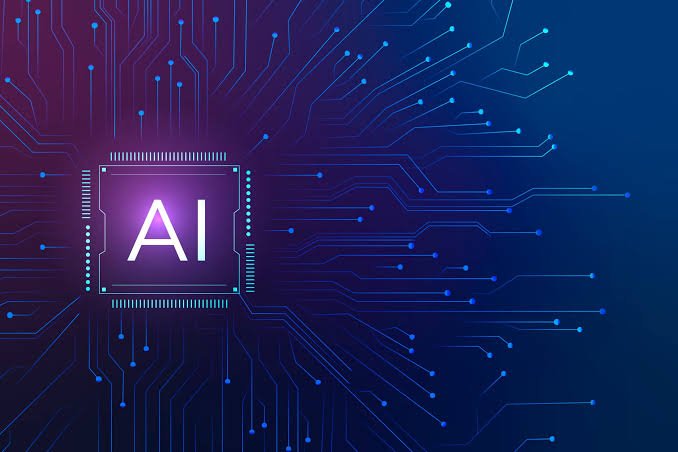Embrace the Future: Ways to Digitalize Your Business
15 February 2023

Artificial Intelligence (AI) is no longer just a concept from science fiction movies; it's rapidly becoming a reality in our everyday lives. From intelligent personal assistants like Siri and Alexa to self-driving cars and smart home devices, AI has already begun to transform the way we live and work.
AI refers to the ability of machines to simulate human intelligence and perform tasks that typically require human intervention. This includes things like natural language processing, problem-solving, decision-making, and pattern recognition. AI algorithms are built to learn and improve over time, making them more efficient and accurate than traditional software.
One of the most significant areas of AI development is machine learning, which involves teaching computers to recognize patterns in data and make decisions based on that data. Machine learning algorithms are used in everything from image and speech recognition to fraud detection and recommendation engines.
Another area of AI that has seen rapid growth in recent years is deep learning, which involves using neural networks to solve complex problems. Deep learning algorithms are responsible for breakthroughs in image and speech recognition, language translation, and even playing games like chess and Go at a superhuman level.
AI has the potential to revolutionize nearly every industry, from healthcare and finance to transportation and manufacturing. For example, AI-powered robots could take over dangerous or repetitive jobs, freeing up humans to focus on more creative or strategic tasks. AI could also be used to analyze vast amounts of medical data to identify potential treatments for diseases or to monitor patients remotely.
However, as with any new technology, there are also concerns about the potential negative impacts of AI. One of the biggest fears is that AI could lead to job displacement, as machines become capable of performing tasks that were once done by humans. There are also concerns about bias in AI algorithms and the potential for AI to be used for malicious purposes, such as cyber attacks or autonomous weapons.
Despite these concerns, the future of AI looks bright. As the technology continues to evolve, we can expect to see even more exciting advancements in the years to come. From self-driving cars to personalized medicine, AI has the potential to transform our world in ways we can only imagine.
In conclusion, AI is set to revolutionize our world in ways that we are only beginning to comprehend. While there are certainly challenges to be addressed, the benefits of AI are too great to ignore. As the technology continues to evolve, we can look forward to a future that is smarter, more efficient, and more connected than ever before.